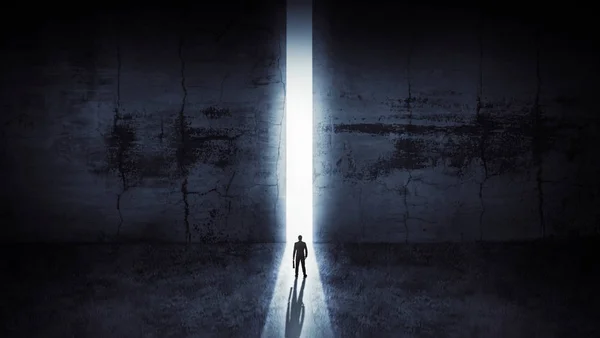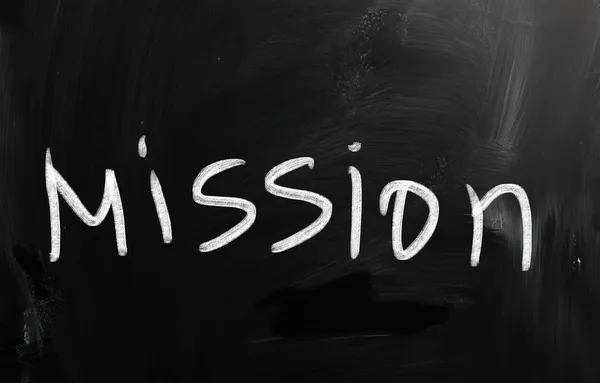
A professor at a Catholic University in the human life department gives the readers of the Catholic Peace Weekly her thoughts on 'genetic scissors' CRISPR. (Clustered Regularly Interspaced Short Palindromic Repeats)
Many have heard or seen the word genetic scissors (hereafter CRISPR) at least once. CRISPR appeared in 2012. Since the second half of the 20th century, technology that can arbitrarily cut and manipulate genes has been popular, but CRISPR is evaluated as superior in accuracy and efficiency to existing technologies.
Recently, Professor Jennifer Daudna, one of the CRISPR developers, published an article in the international academic journal Science, commemorating the 10th anniversary of CRISPR development, research achievements and limitations, and prospects for the next 10 years. If the last 10 years have been a period of developing CRISPR technology, the next 10 years are expected to make it a technology for humans. In particular, it is predicted that the pace of development of life sciences using genetic scissors along with technologies such as artificial intelligence will accelerate.
Reading the article gave her a rough idea of how CRISPR technology has evolved over the past decade. Scientists around the world have been working hard to develop more accurate, precise, safe, and efficient technology. Although there are still limitations in terms of technology and many challenges to developing safer and more efficient technology, the achievements achieved so far can now be applied to humans as well as animals and plants to solve food problems in the fields of agriculture, livestock, and aquatic products, as well as to produce highly nutritious crops. (Water)Meat production, organ production for transplantation in the medical field, gene therapy, drug production, etc. The scope of its application seems endless. It's like seeing a future utopia right in front of you.
But why does listing the research achievements of scientists seem like a game? This is because there is something unsatisfying about scientists' amazing research achievements and future prospects. To list a few reasons: First, just as the media in Korea communicates with the public in a way that focuses only on the visible results of science, scientists themselves seem to be intoxicated with their achievements. Second, they check the results as they manipulate and transform life like a machine. It can be seen that this understanding of life reduces life only to a simple material or mechanical system, and even considers human life as the subject of its manipulation. A typical example is the genetic manipulation of human embryos. Third, it is an uncomfortable truth hidden behind the splendid achievements. For example, if the genes or genetic traits of animals and plants are modified to be useful to humans, there is no reflection on how this will affect the natural ecosystem. In addition, these studies can be developed in the direction of prioritizing the pursuit of profit, even if the means and methods are unethical, in line with the profit logic of the bio-industry
Lastly, the knowledge we know about life and genes is very weak compared to the blueprints shown by scientists and the bio industry. Maybe that's why, at the 17th Mystery of Life Award Ceremony last month, a professor in the Department of Biological Sciences, Seoul National University, who won the main prize in the field of life sciences, his impressions linger in her mind. "I am a scientist who studies life sciences. One of the words often used when introducing life science to the general public is 'the mystery of life'. One of the reasons... Compared to other fields of natural science, understanding of 'life' is relatively lacking, so the word 'mystery' is added to emphasize that there are still many unknown areas."
Is the perspective of looking at life as a mystery only required by scientists? Perhaps we too, seduced by the blueprints presented by scientists and the bio-industry, are still looking at life, especially human embryos, as mere tools?





